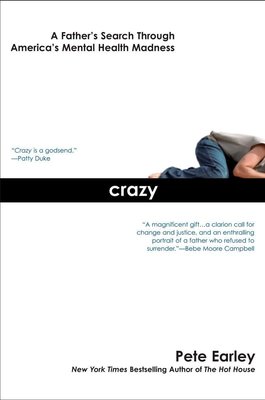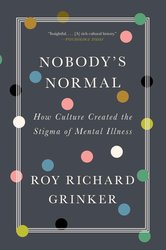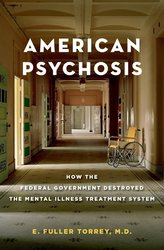A Top Mental Health Expert on Where America Went Wrong
There’s a paradox that sits at the center of our mental health conversation in America. On the one hand, our treatments for mental illness have gotten better and better in recent decades. Psychopharmaceuticals have improved considerably; new, more effective methods of psychotherapy have been developed; and we’ve reached a better understanding of what kinds of social support are most helpful for those experiencing mental health crises.
But at the same time, mental health outcomes have moved in exactly the wrong direction. In the United States, there is a death by suicide about every 11 minutes, and about half of those who die by that method have not received mental health care. Rates of anxiety, depression and eating disorders have skyrocketed among young people in recent years. From 2009 to 2015, rates of emergency room visits for self-harm more than doubled for girls ages 10 to 14.
Thomas Insel understands the contours of this disconnect as well as anyone. A psychiatrist and researcher, he was the director of the National Institute of Mental Health for 13 years, and has served as a special adviser on mental health care to California’s governor, Gavin Newsom. But in his new book, “Healing: Our Path from Mental Illness to Mental Health,” he admits that even the herculean efforts made by the mental health community have fallen short. The book explores how badly we’re failing at mental health care, and how much more we could do with what we have already discovered, and what we already know. “Put simply, the mental health problem is medical,” he writes, “but the solutions are not just medical — they are social, environmental, and political.”
In this conversation, we discuss why our current medical system is so inadequate at helping people with mental illnesses of all stripes, why psychiatric research and patient outcomes are so wildly out of step, the story of how the U.S. government systematically divested from mental health care in the 1980s, and the fragmented system of care that those decisions created. We also touch on why it’s so difficult to find the right therapist; which treatments we know work really well — and why we so often fail to implement them; why mental health is not just a medical problem, but also an economic and social one; what public policy can, and importantly can’t, do to solve our mental health crisis; the relationship between loneliness and mental illness; how the loosening of family and social ties is impacting our collective mental health and more.
Mentions:
“Wealth-Care Reform” by Ezra Klein
“Together” by Vivek Murthy
“Vivek Murthy on America’s Loneliness Epidemic” episode from Vox Conversations






